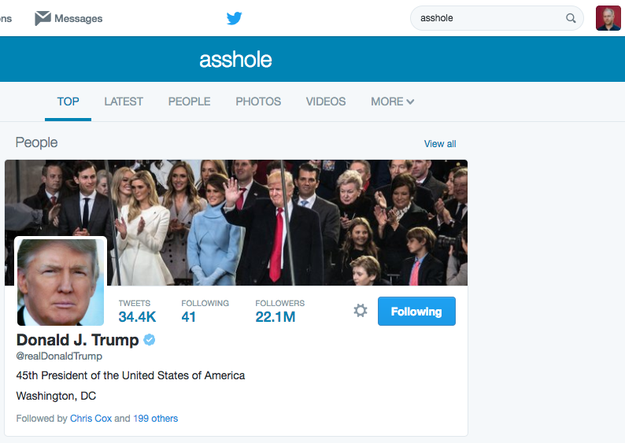
Nurphoto / Getty Images
Facebook is changing its Trending product to try and make it better reflect the most discussed real world events on the platform, and to prevent false viral stories from trending.
Will Cathcart, the VP of product management for Trending, told BuzzFeed News the product will also now show the same list of trending topics to everyone in a country, as opposed to personalizing a list for users based on their behavior on Facebook. (Trending is currently only available to English-language users in the US, Canada, and UK.)
Facebook has been working to improve Trending — a box in the corner of the News Feed page that shows a list of top topics people are talking about on the platform — since it became a lightning rod for criticism last spring. In May, a former curator for the product claimed that conservative news and sources were being suppressed. A few months later, Facebook fired the curators that helped review topics and the associated news stories. It put more emphasis on having an algorithm identify topics and stories, and applied less human oversight. Following those changes, the Trending product repeatedly highlighted false news stories.
One change rolling out today is closely linked to the problem of misinformation on Facebook’s trending list. Cathcart said the Trending algorithm will promote topics that have a broad range of conversation and associated news articles, and avoid topics that are generating massive engagement from one or a few articles.
“The key thing about the change is looking not just at the volume of conversation but the breadth of voices across the Facebook community, and across the different articles discussing the topic,” he said.
This could in theory prevent a mega-viral false story, such as the one about Megyn Kelly being fired from Fox News, from making the Trending list.
“If there is a story on Facebook that has gone very viral and gotten lots engagement and there is another another story with hundreds of articles, we take the one with the hundreds of different articles,” Cathcart said. “The one that has gone super viral is less valuable.”
Facebook is also tweaking the way it determines which news article will be promoted as the top item in a topic. Cathcart said the top spot will go to articles that have a combination of strong engagement for the specific story as well as strong engagement for the publication overall on Facebook. Another change is that the Trending list will now show the top article's headline and source, as opposed to only showing it when users mouseover or click on the tropic.
The goal, Cathcart said, is to make sure the topics and associated news articles reflect real world events generating significant discussion and engagement.

Facebook
Facebook’s new focus on topics with broad engagement is in line with one of the suggestions made by computer scientists in a previous BuzzFeed News story about the problem of fake news on Trending.
Kate Starbird, an assistant professor at the University of Washington quoted in the story, said Facebook’s new changes are “a step in the right direction.”
“As we talked about a few months ago, my hunch is that this will have the effect of reducing hyper-partisan content and content propagated by crowd-turfing efforts,” Starbird told BuzzFeed News. “I’m really curious about how they will define ‘broad’ and I imagine it will require a lot of calibration initially and some adjustment over time.”
Starbird also said the move away from personalizing the Trending list could also help get people out of filter bubbles.“It doesn’t affect a user’s entire feed, but does represent one place where all users might see the same content,” she said. “A small change, but perhaps a valuable one.
Starbird emphasized that Facebook will need to keep tweaking its algorithm and approach to ensure it’s having the desired effect.
“It’s often difficult to predict what the unintended consequences of changes like these might be,” Starbird said.
Facebook said the new changes begin rolling out today and will be available to all Trending users within the coming weeks.
Quelle: <a href="Facebook Is Tweaking Its Trending Product To Keep Fake News Out“>BuzzFeed













